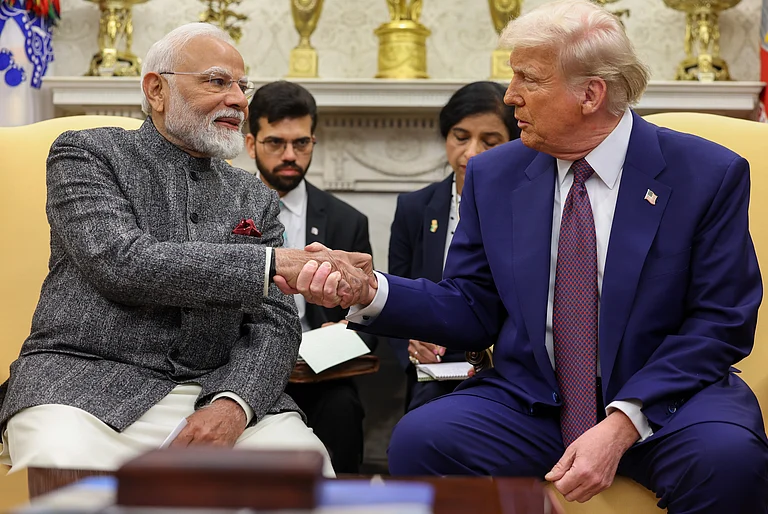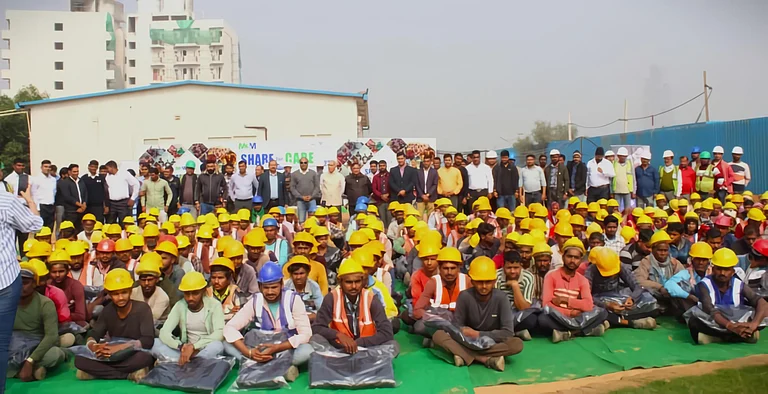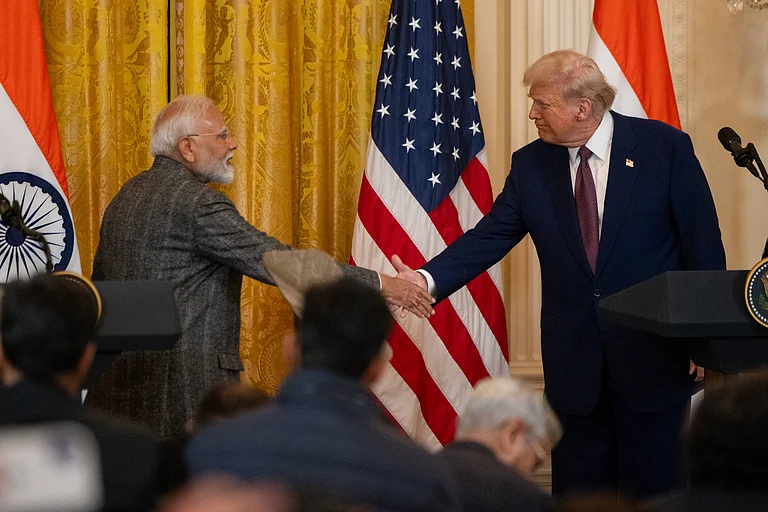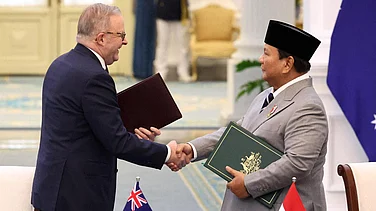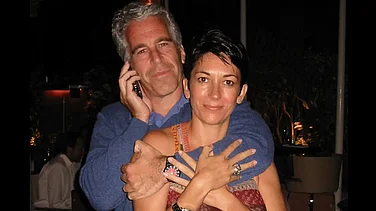
- Several American conservative commentators have turned their fire on Indian migration, particularly targeting workers, students, and call centre operations.
- Far-right commentator Jack Posobiec added to the rhetoric by urging tariffs on outsourcing sectors, declaring, “Tariff the call centres."
- This has raised concerns about hypocrisy, especially given that American universities continue to host hundreds of thousands of students from other countries.
Following a sharp rise in tariffs on Indian imports, several prominent American conservative commentators have turned their fire on Indian migration, particularly targeting workers, students, and call centre operations.
Fox News host Laura Ingraham sparked controversy with a post on X stating, “Don’t forget that any trade deal with India will require us to give them more visas. I’d rather not pay them in visas and trade deficits.” Her remarks were echoed by turning point USA founder Charlie Kirk, who claimed that Indian professionals have “displaced American workers” and wrote, “We’re full. Let’s finally put our own people first.”
Far-right commentator Jack Posobiec added to the rhetoric by urging tariffs on outsourcing sectors, declaring, “Tariff the call centres. All of them. Tariff all foreign call centres and foreign remote workers. 100% tariff.”
The remarks have triggered strong backlash from Indian American communities. Many had voted for the Republican Party for the first time in 2024, hoping for greater representation, only to feel alienated. One voter commented that such rhetoric “snatched defeat out of the jaws of victory” and labelled the comments “blatant racism.” Journalist Billy Binion added, “Some conservatives don’t want competition from hardworking immigrants who outwork and outperform them.”
Amid these tensions, Indian-American Congressman Ro Khanna issued a warning about the broader implications of this stance. He cautioned that it could damage decades of bipartisan progress in US-India relations, which is crucial for balancing America's strategic interests in Asia.
These incendiary statements follow recent actions from the Trump administration, including doubling tariffs on Indian goods to 50 percent—the highest rate ever imposed on India—while simultaneously revoking thousands of student visas from Indian nationals. This has raised concerns about hypocrisy, especially given that American universities continue to host hundreds of thousands of students from other countries.
Supporters of robust Indian migration argue that hasty visa restrictions and hostile rhetoric risk undermining US competitiveness in technology and higher education sectors, where Indians play vital roles in companies like Google, Microsoft, and Amazon.







